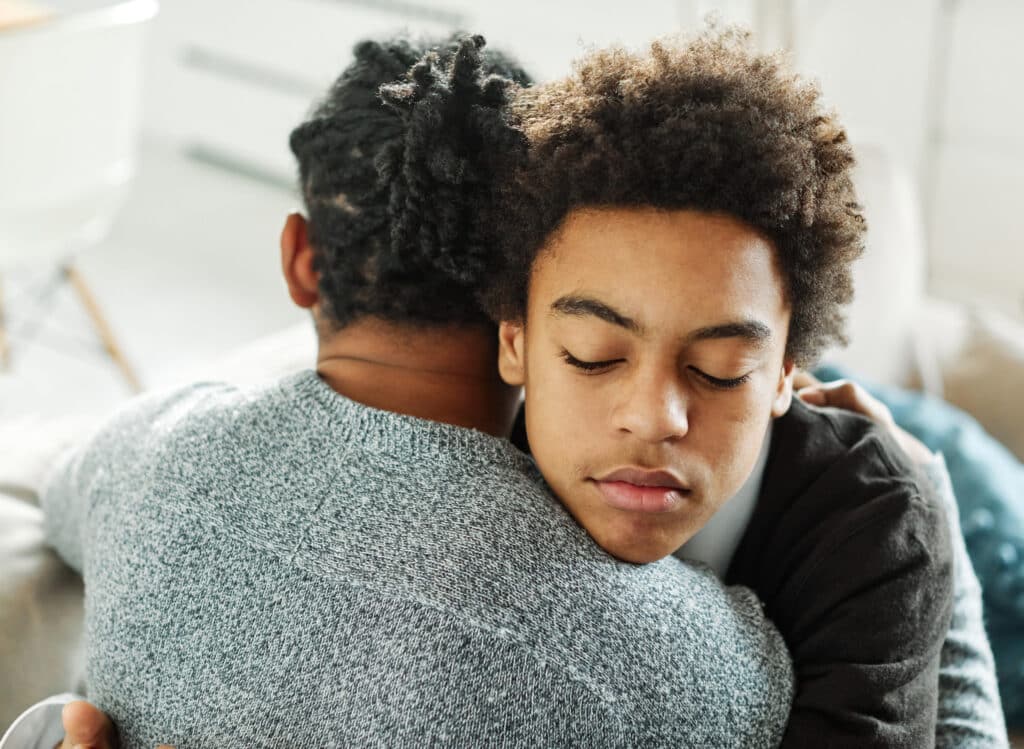In the age of digital communication, social media, and dating apps, a relatively new phenomenon has emerged that’s leaving individuals puzzled and hurt: Ghosting.
What is Ghosting?
Ghosting is a term used to describe a social behavior in which a person abruptly and unexpectedly stops responding to another. It’s similar to the silent treatment – but on a more permanent level. Ghosting is a behavior often seen in romantic relationships, but it can also occur in friendships and professional settings.

Why Ghosting Occurs
There are several reasons why people ghost others. They may be avoiding confrontation, lack the emotional maturity or communication skills to handle relationship challenges, or choose silence over fear of causing pain when no longer interested in the relationship.
While ghosting may seem like an easy way to avoid an awkward situation, kids need to be aware that just because they are not seeing the impact in-person doesn’t mean their actions have no consequences.
Studies have suggested that being ignored hurts more than being argued with. Ghosting someone can hurt their feelings, affect their mental health, and is considered a form of emotional abuse.
How to Cope with Ghosting
Research shows that humans are born with the need to belong. So it’s no surprise that when someone is ignored and excluded, the person feels self-doubt creeping in.
If your child has been ghosted, it’s important to help them acknowledge their emotions, whether they’re confused, angry, or sad. Talking through their feelings can provide them with different perspectives and emotional support.
Your child may choose to reach out to the person who ghosted them to express their feelings, and seek closure. The message shared should be respectful, calm, and a one time thing.
Help your child focus on self-care by engaging in activities such as exercise, pursuing hobbies, and spending time with good friends and family members.

Seeing our children hurt is difficult and heartbreaking. But they can use the experience as an opportunity for personal growth. By reflecting on what they’ve learned about themselves and their needs through the situation, they can use that knowledge to build healthier connections in the future.
Being ghosted is a real and potential outcome of digital communication, especially among young people who are still learning these skills. Luckily, with the right tools, parents can help their children develop essential communication and social skills safely.
As parents, we can model appropriate communication so our children don’t fall into the trap of ghosting their friends under the guise that it’s a funny and harmless action.
How do you help your kids develop their communication skills? Share your ideas in the comments.







Success!
Your comment has been submitted for review! We will notify you when it has been approved and posted!
Thank you!